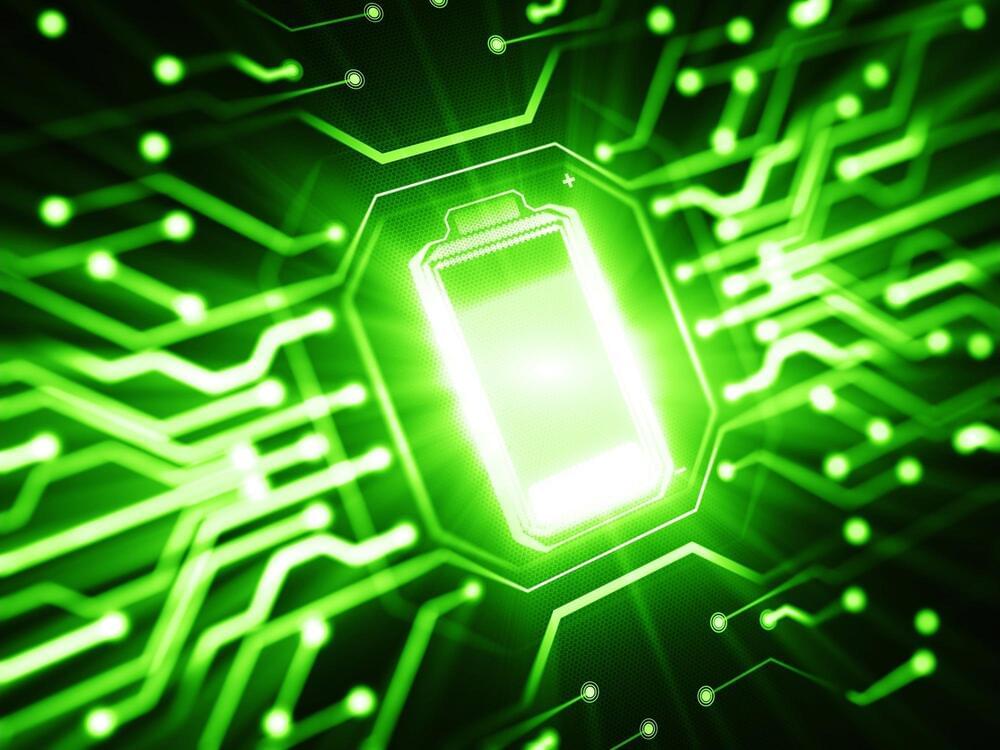A proof-of-concept study published in the journal Scientific Reports outlines a water-activated disposable paper battery. According to the scientists, it could be used to power a broad variety of low-power, single-use disposable electronics, such as smart labels for tracking items, environmental sensors, and medical diagnostic devices, thereby minimizing their environmental impact.
The battery was developed by Gustav Nyström and colleagues, and it consists of at least one cell that is one centimeter squared and is made up of three inks that have been printed on a rectangular piece of paper. The paper strip is covered with sodium chloride salt, and one of its shorter ends has been dipped in wax.
One of the flat sides of the paper is printed with ink containing graphite flakes, which serves as the positive end of the battery (cathode). The other side is printed with ink containing zinc powder, which serves as the negative end of the battery (anode).










Comments are closed.